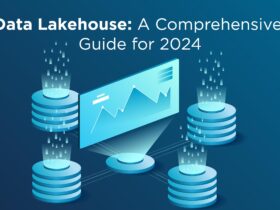RackWare is pleased to announce the release of RackWare Management Module (RMM) v7.6 with support for Assessment of Origin workloads with Cloud cost prediction for Google Cloud Compute (GCP), Microsoft Azure, and Oracle Cloud Infrastructure (OCI).
Previous versions of RMM support discovery and analysis of Origin workloads and environments. This includes an inventory of all compute resources, memory and storage, networking and subnets, monitoring to determine over and under provisioned resources, rightsizing recommendations, and identification of application affinities to aid wave planning. The output from the Assessment tool provides the necessary data to plan a Cloud Migration or Disaster Recovery project.
RMM 7.6 extends these functions by identifying the correct instance in the Target Cloud, detailing storage, configuration, and costs. From here, the same deployment can continue with replication operations for the Migration or DR project. RackWare’s Assessment with cost prediction eliminates huge volumes of time and error prone labor. Cost prediction gathers the latest costing data and is sensitive to the instances available in the desired geography.
“Adding Cloud cost prediction is the next important step in RackWare’s Assessment capabilities, making it far easier to plan accurate, detailed budgets. This feature complements the existing flexibility of report generation for inventory and project planning”, said Todd Matters, CTO, RackWare.
RMM 7.6 Assessment is free of charge to use. Future Migration and DR projects can be implemented on the same platform with the purchase of licenses for those features.
RackWare is also developing features for next generation wave planning for application affinities to be released in Q1 2023.


































